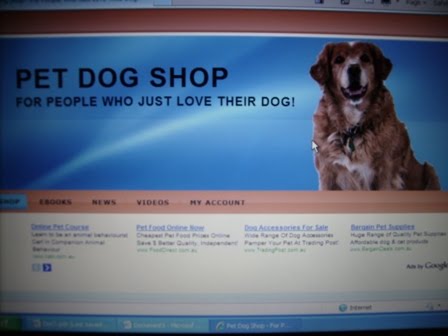Animal have been part of folk law for thousands of years .Tales come from Native American Indians and how the Coyote made people and bought fire. Our Australian Aboriginals and the legend of how our kangaroo got it pouch and how our dingo roamed our land. Animals such as the dog have been utilized for over 10,000 years, it has attracted very little folklore until relatively recently. Persia and China, wherre early folklore and dogs were part of superstision ; indeed, they were regularly used to participate in religious rituals. Not without coincidence, these are the regions where some of the earliest and most important dog breeding took place. The dog was called a”fu Dog and is said to bring happiness and good fortune.
The Egyptians believed the gods had responsibility to accompany souls of the deceased to their final resting place One of these gods can very often be depicted with a human body and what some consider to be a dog's head. It is more likely that the head is not that of a dog, but that of the jackal. Although it is written that the Egyptians mourned when dogs or cats died, judging from the large number of mummified cats that have been found they were more the predominant pet. Cleopatra had a much loved relationship with her Cat Tivali .
In Greek legend is said that Alexander the Great founded and named a city, Peritas, in memory of his dog. The dog's role in Greek religion was usually sacrificial. Kennels of dogs were kept. More frequently, however, dogs were sacrificed because they were plentiful, inexpensive, and easy to control.
Australian dingo is related to wild dogs that live in parts of Asia. Dingos have been in Australia for about 3,500 years. Dingos may have been brought to the country by Australian aborigines who traded with Indian traders. Aborigines kept dingos in their camps and the dogs hunted with the men.
The most amazing thing is that humans have used dogs as herding animals and cats to clear rats and mice for so long it is hard to image life without them .They were a part of life then and now .

No comments:
Post a Comment